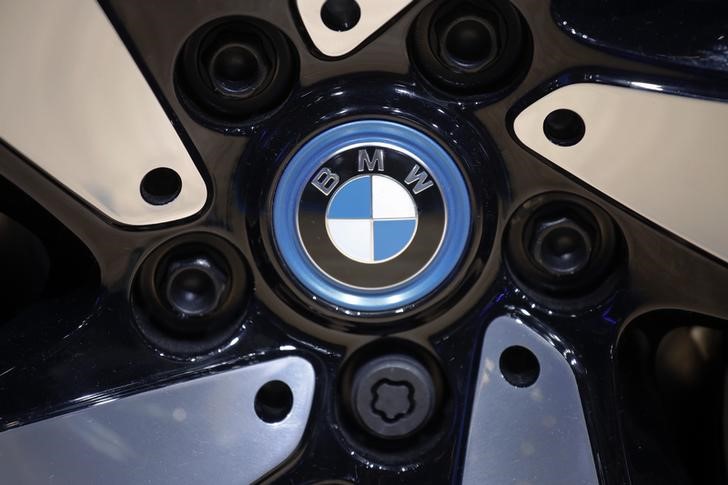Investing.com -- Shares of BMW (ETR:BMWG) fell on Tuesday after the company announced a downward revision to its 2024 financial outlook.
At 7:45 am (1145 GMT), BMW was trading 7.3% lower at €71.98.
This adjustment comes as the luxury automaker grapples with two major challenges, which are technical issues linked to its Integrated Braking System (IBS), which is supplied by an external partner, and persistently weak demand in the Chinese market.
These developments are set to weigh heavily on BMW's performance in the second half of the year.
The company now expects a slight decrease in vehicle deliveries compared to 2023, a change from its earlier prediction of modest growth.
Moreover, its earnings before interest and taxes (EBIT) margin in the automotive segment is forecast to narrow to a range of 6% to 7%, down from the previously anticipated 8% to 10%.
Similarly, BMW's return on capital employed (RoCE) for the automotive business is expected to drop to between 11% and 13%, well below the earlier target of 15% to 20%.
Despite this, BMW remains optimistic about generating free cash flow above €4 billion for the year, although this is unlikely to alleviate concerns over the short-term profitability pressures.
BMW's motorcycles segment has also come under pressure. Competitive market conditions in core regions such as China and the United States are limiting the company’s ability to grow its motorcycle sales.
Deliveries in this segment are now expected to remain flat year-on-year, and the EBIT margin forecast has been revised down to 6% to 7%, a significant reduction from the previously guided 8% to 10%.
Likewise, the return on capital employed for motorcycles is expected to drop to between 14% and 16%, compared to the prior estimate of 21% to 26%.
A key challenge for BMW stems from a widespread issue with its IBS, impacting over 1.5 million vehicles worldwide. As a result, the company has had to halt deliveries of affected cars that have not yet reached customers, which is expected to lead to a decline in global sales for the remainder of 2024.
Resolving the IBS issue will involve technical actions and recalls, with associated warranty costs anticipated to reach several hundred million euros, impacting the company's financial performance in the third quarter.
“As of today, the described earnings together with additional inventory will impact the third quarter much more than the fourth quarter,” the company said in a statement.
Adding to the automaker’s troubles is the sluggish demand in China, BMW’s largest market. Despite various stimulus measures introduced by the Chinese government, consumer sentiment remains weak.
As a result, BMW is now forecasting a decline in overall sales volumes for 2024, a sharp reversal from its previous expectation of a slight increase.
This softer demand in China comes at a critical time for BMW, as it contends with global supply chain issues and shifting market dynamics in key regions.
